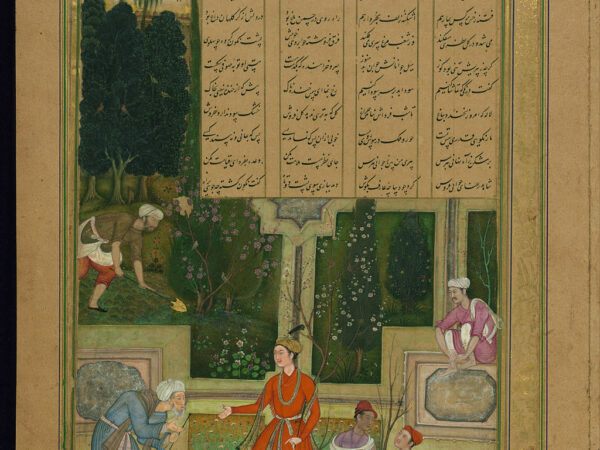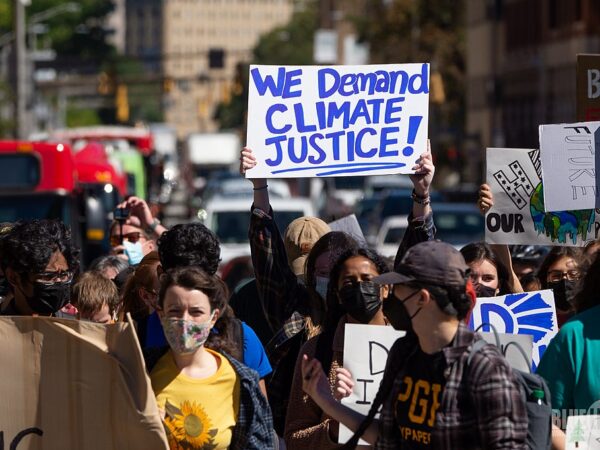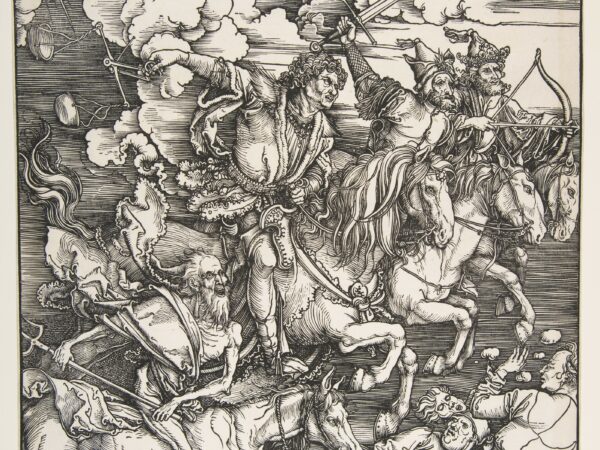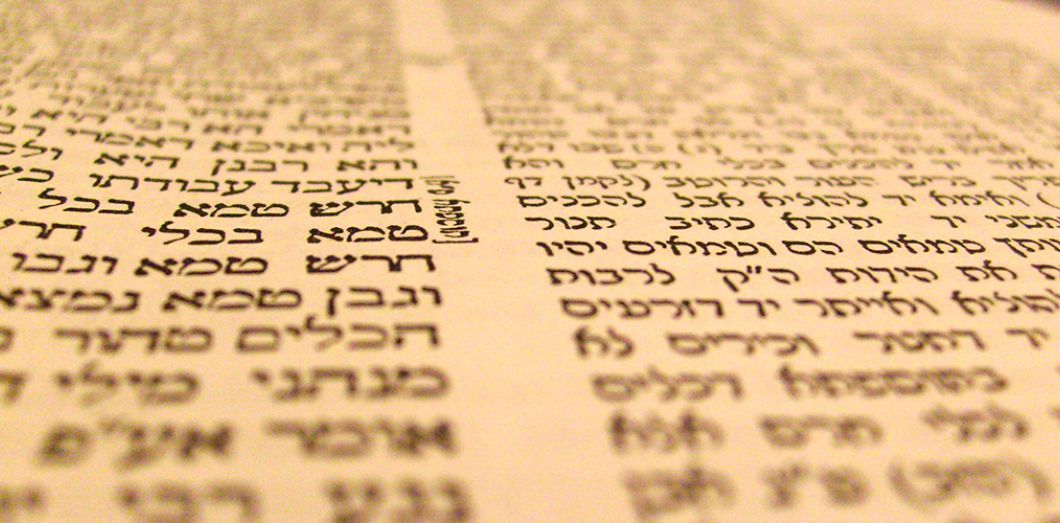
If religious norms are considered to be rational, how are they different from secular ones? This essay revisits this question through the prism of the Jewish discourse of the reasons for the commandments.
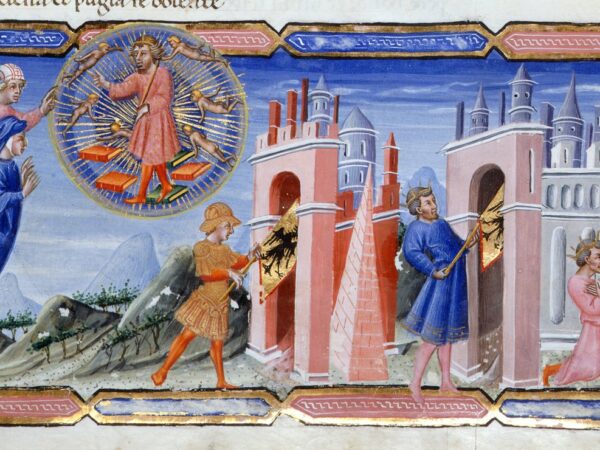
Some narratives about secularization and modernization processes which include pre-modern history still tend to postulate a trajectory of an early emergence of secularity in Europe, particularly in the form of a separation of church and state beginning during the European Middle Ages. But more recent findings suggest that medieval Christian Europe remained quite comparable to other cultural constellations: Rather than a secular sphere, political dynamics produced demands for the de-politicization of religion, or at most, situations and social spaces of ‘neutrality.’
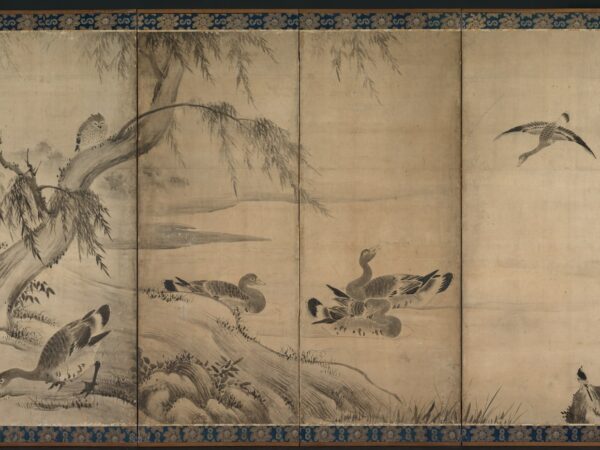
This essay makes a strong case that the social, political, economic and ideological developments that accompanied the transition from the Heian (794–1185) to the Kamakura period (1185–1333) generated epistemic and social structures of a longue durée that remained permanently available as a resource for a Japanese form of secularity.
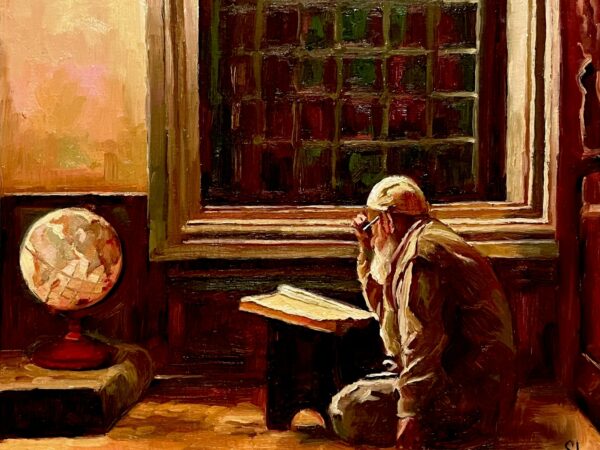
The idea of the modern secular presupposes the existence of a holistic premodern world in which the amorphous phenomenon of religion penetrated all realms of life. But the existence of an Islamic distinction between the religious and non-religious domains suggests otherwise: not a latent secularity, but rather a difference of an altogether different kind. But if it is not equivalent to the “secular,” then what is it?
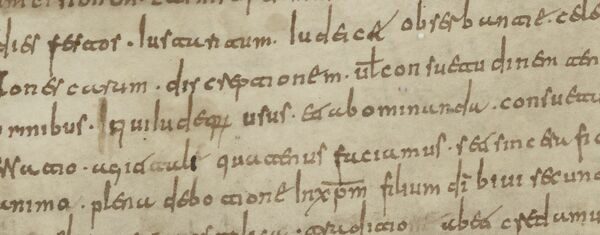
Early medieval people could and did differentiate ‘religion’ from ‘not religion’ when it suited them to do so. These secularizing strategies are no less historically significant for being situational and often fleeting.
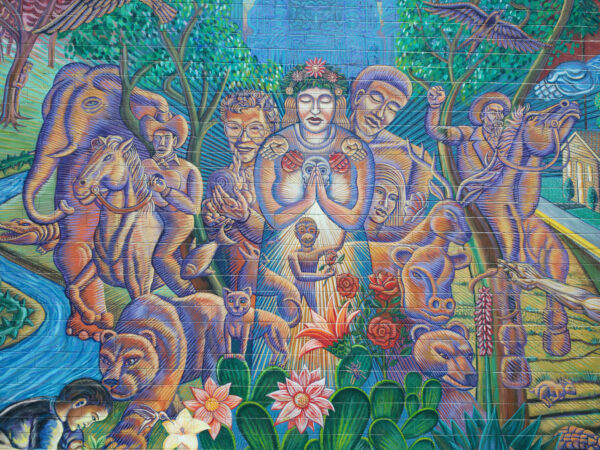
For several Latina writers, apocalypse as both revelation and catastrophe appears as an unavoidable framework that echoes across time, a framework shaping the past and future whose ultimacy must also be upended. Apocalypses large and small continue, but not all truths are disclosed equally and some endings—and the meanings they should yield—are abrupt but never ultimate.
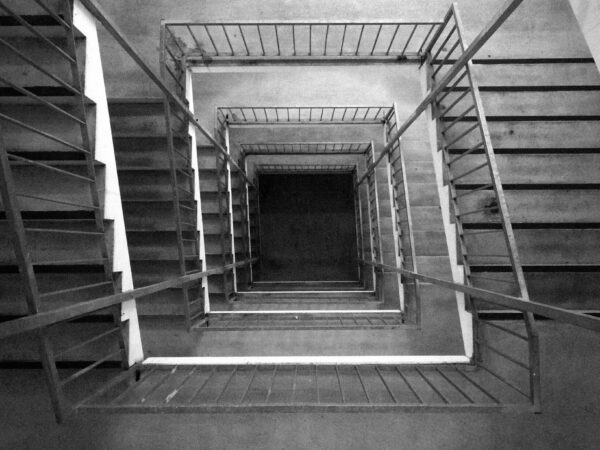
For Afropessimism, the World is the katechōn, rather than a particular institution within it. The language of the katechōn as the “restraining power” facilitates how the structure of anti-Blackness is not only a structure of domination and gratuitous violence, but also the foreclosure of a more radical mode of what Wilderson calls gratuitous freedom—which is precisely freedom from the World.

Amidst climate catastrophe and accompanying disasters, references to “apocalypse” on the right and the left won’t desist. So its ancient meaning– not “the end of the world” but “unveiling” — can help resist the denialisms and the nihilisms that close, rather than disclose, possibilities of world transformation.
